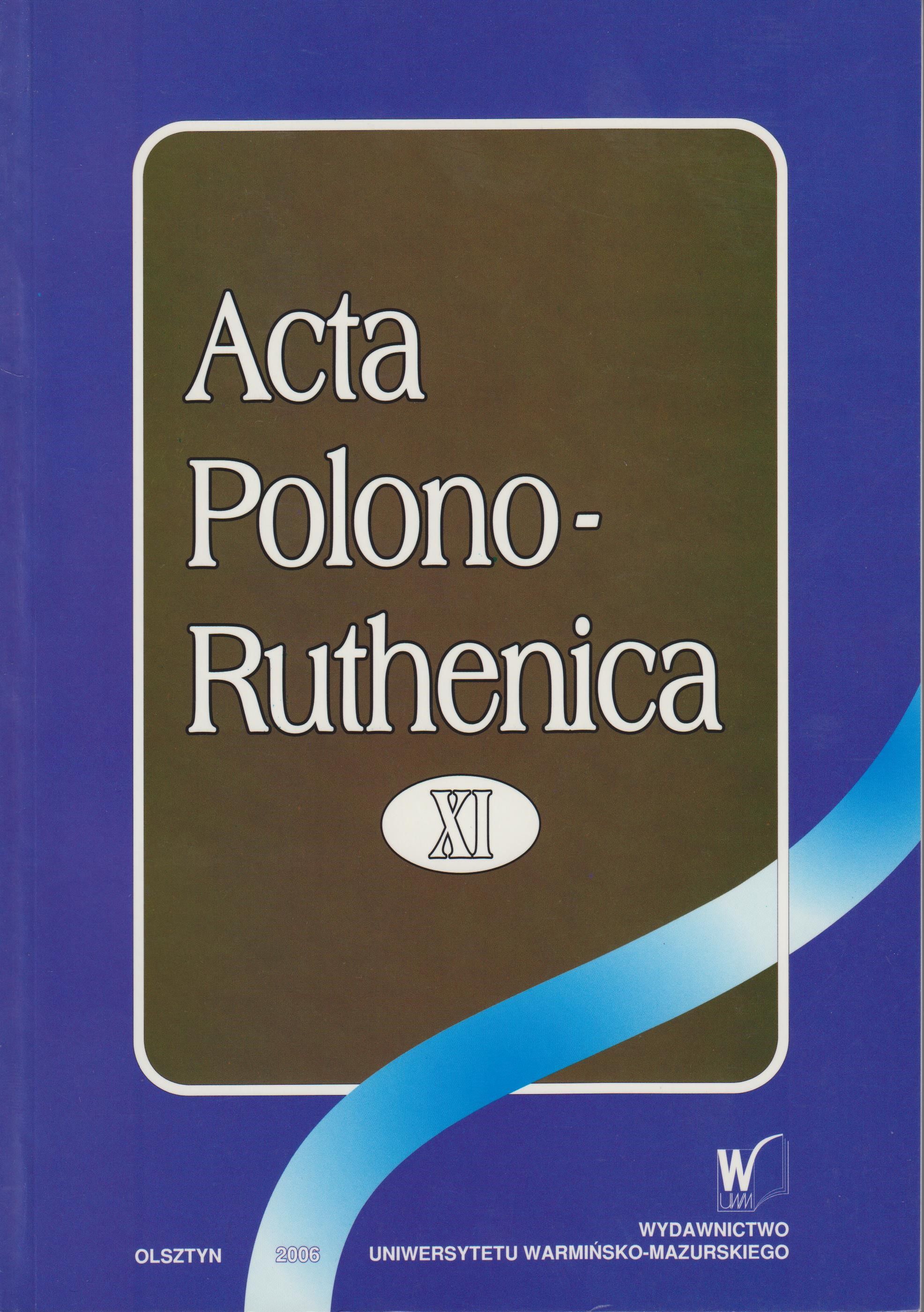Эмотивно-оценочная лексика как средство выражения дихотомии „прекрасное / безобразное” в романе Генрика Сенкевича Quo vadis (оригинал - русский перевод)
Emotive and estimated vocabulary as a means of impression of dichotomy „beautiful / / ugly " in HenrykSienkiewicz’s novel „Quo vadis" (original-Russian translation)
Author(s): Roza AlimpijewaSubject(s): Language studies, Language and Literature Studies, Philology, Translation Studies
Published by: Wydawnictwo Uniwersytetu Warmińsko-Mazurskiego w Olsztynie
Keywords: Quo vadis?;Sienkiewicz;emotive vocabulary;estimated vocabulary;beatiful/ugly;
Summary/Abstract: The paper presents the study of the original and Russian translation of H. Senkevich’s novel Quo vadis? The postulates of early Christianity as opposed to moral postulates of the Neron Rome, the essence of „the beautiful // the ugly” dichotomy, which is one of the criteria of the veritable values are revealed, as well as the role of this aesthetic category in the author’s ideostyle and the ways of its language presentations, where the lexis with emotive charge plays dominating role, the nominators of the light as morals reforming outset among them.
Journal: Acta Polono-Ruthenica
- Issue Year: 2006
- Issue No: XI
- Page Range: 257-266
- Page Count: 10
- Language: Russian

